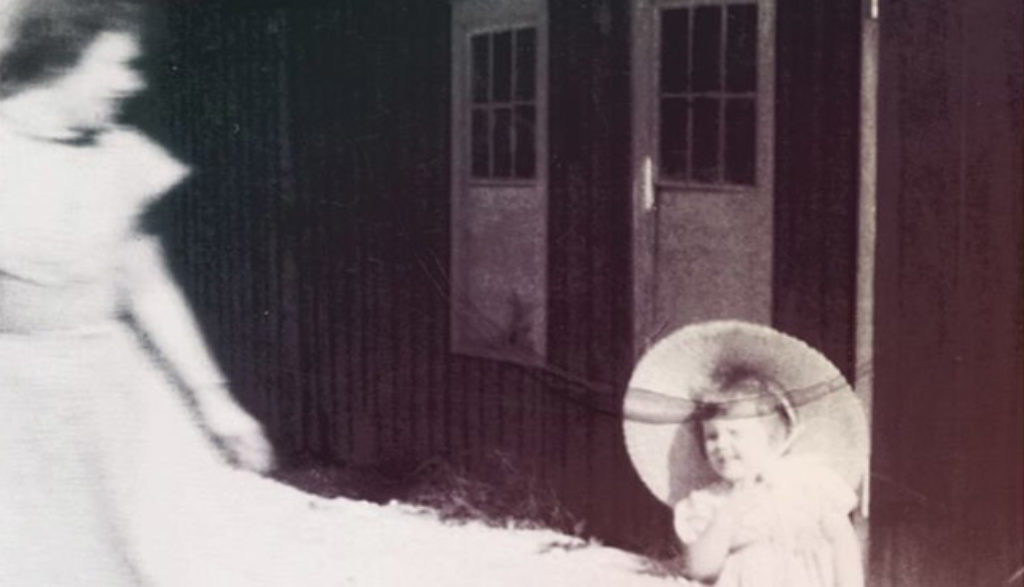
Two years ago, Englishman Marcus Mumford and his band lobbed their debut effort, Sigh No More, into the Atlantic. Result? An alternative folk rock tsunami that’s swamped both sides of that ocean. It’s a wave that shows no signs of abating as it continues to sweep across the musical landscape, an acoustic force that’s helped to lift and propel the Denver folk trio known as The Lumineers.
The band’s eponymous premier boasts a simple, lo-fi sound featuring mandolin, cello and plenty o’ romping, stomping percussion. Paired with frontman Wesley Schultz’s earnest, often melancholy balladry, The Lumineers’ music feels hauntingly nostalgic without angling into anachronism. Which is to say, the band evokes some of the sonic sentiments of yesteryear without overtly sounding like something you might have heard on the radio in, say, 1964.
But we’re naturally more interested in lyrics than lyricism. And since the band’s big hit ” Ho Hey” didn’t actually communicate much, we wanted to know what era (and ethos) might be illuminated by the rest of the album’s lyrics.
A woman takes the opportunity of her father’s passing on “Dead Sea” to begin expanding the scope of her life (“Yes, there are times we live for somebody else/Your father died, and you decided to live/It for yourself, you felt, you felt it was time”). “Charlie Boy” mourns the loss of a mother’s son fighting in Vietnam and implies that some who’ve endured similar pain held on to their faith to get through (“News was bad on Upland Ave., Metuchen mourn our loss/And sons rebelled, while fathers yelled, and mothers clutched the cross”).
A fast-moving player trying to kiss a woman at a bar is met with her principled resistance as she tells him, “Classy girls don’t kiss in bars.” Album opener “Flowers in Your Hair” acknowledges, “It’s a long road to wisdom/But it’s a short one to being ignored.”
“Morning Song” finds a man drinking while pondering the sexual activities of a romantic partner who’s left him: “The carbonation in my drink/The bubbles all rise, while my heart sinks/And all I tend to do is think of you/ … And did you think of me when you made love to him?/Was it the same as us?/Or was it different?/It must have been.” Then melancholy really settles in to stay with, “And it’s a shame that it ends this way/With nothing left to say/So just sit on your hands while I walk away/ … When my hands begin to shake/When bitterness is all I taste/And my car won’t stop/’Cause I cut the brakes/I hold on to a hope in my fate.” (That sorrowful serenade is capped by a prayer, either bitter or somewhat hopeful, depending on who the “you” is: “Well, I hope and I pray/You get what you gave.”)
“Stubborn Love” displays exactly that as a man pledges to keep loving an emotionally abusive woman. On “Dead Sea,” a man asks a woman, “Would you stay/Would you stay the night?” “Flapper Girl” begs, “Lovers come, lovers go/Lovers leave me alone/She’ll come back to me.” Corrosive emotions on “Slow It Down” can’t walk a straight line to save their lives when it comes to a man’s relationship with a woman. The pair has broken up, and he grouses about their time together by singing, “I feel her filth in my bones/Wash off my hands till it’s gone.” But then he says to her, “Slow it down, Angie, come back to bed/Rest your arms, and rest your legs.” We also hear, “Some love was made for the lights/Some kiss your cheek and goodnight/Lift up a red high heel/Lock up your doors with steel/ … Smile less and dress up some more/Tie up your scarf real tight/These boys are out for blood tonight.”
“Big Parade” oversimplifies a Catholic priest’s temptation to abandon his vows as a choice between Jesus and a woman (“He says, ‘I’m in love, I’m in love with a woman/Yeah, this is my confession, I’m leaving, I can’t be a priest anymore, anymore'”). Later, that romance is equated with a kind of salvific grace (“He she comes, by saving grace/ … She’s arrived, my saving grace”).
Elsewhere on that last song, it’s implied that a musician takes advantage of adoring female fans (“American Bandstand, electric guitars/And he’s singin’ songs, singin’ songs for the lonely/All the girls with the room keys, they all know his songs by heart”). It also includes the lines, “Hell to pay, hell to raise.” We hear a handful of misuses of God’s name on various tracks. Two mention cigarettes and smoking.
The Lumineers share superficial stylistic similarities with Mumford & Sons, as I and many other reviewers have duly noted. But once you get past the sound of these two surging bands, their paths begin to diverge.
Whereas Mumford more often than not positively plumbs the depths of love and grace, sin and forgiveness, The Lumineers’ outlook on life and love is murkier. The best I can say about it is that beams of hope and perspective sometimes penetrate the pervading fog.


After serving as an associate editor at NavPress’ Discipleship Journal and consulting editor for Current Thoughts and Trends, Adam now oversees the editing and publishing of Plugged In’s reviews as the site’s director. He and his wife, Jennifer, have three children. In their free time, the Holzes enjoy playing games, a variety of musical instruments, swimming and … watching movies.